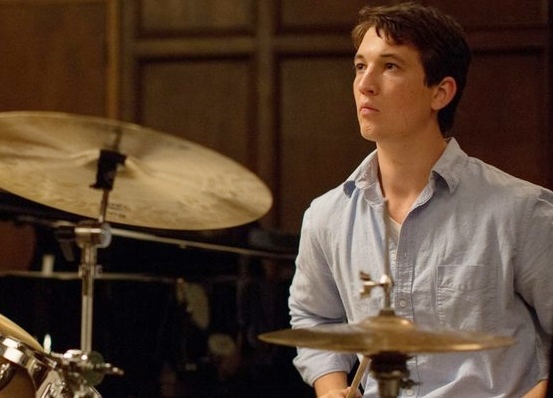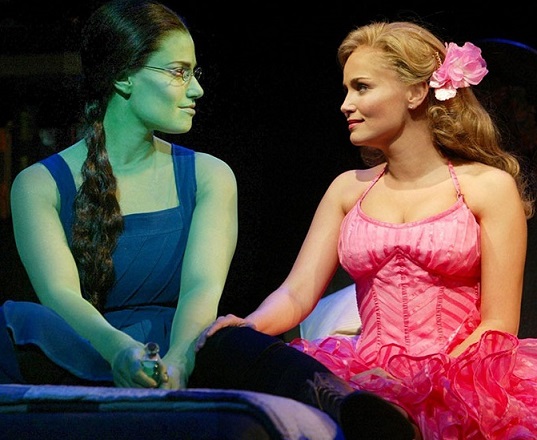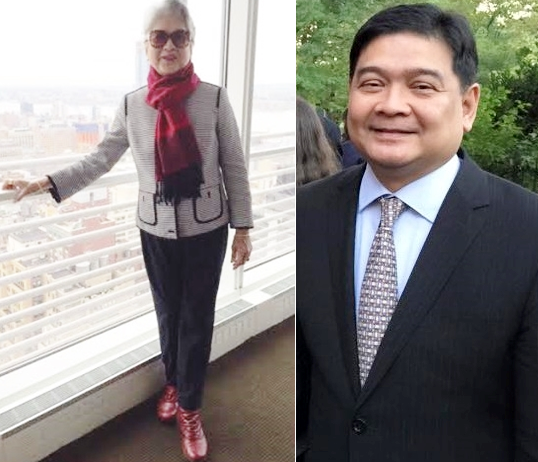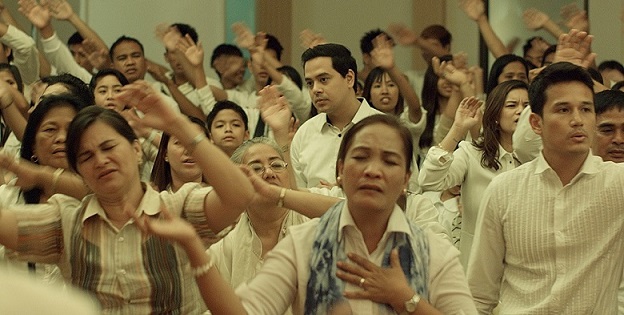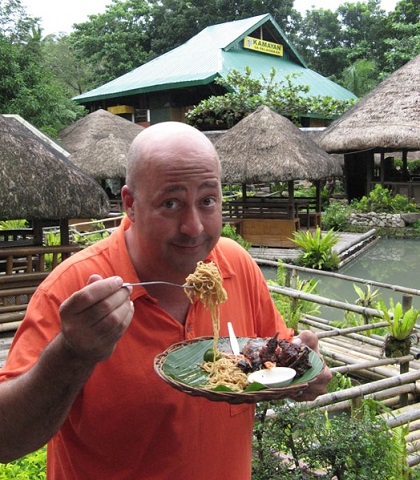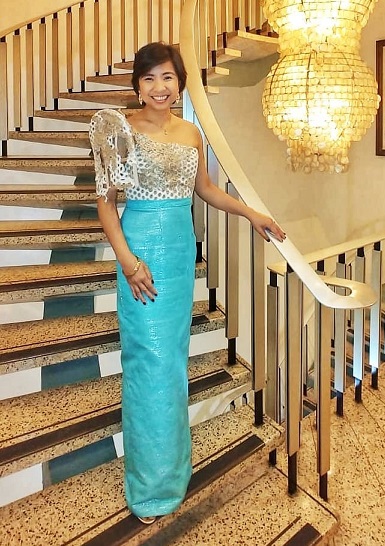Peque’s rage: A retelling
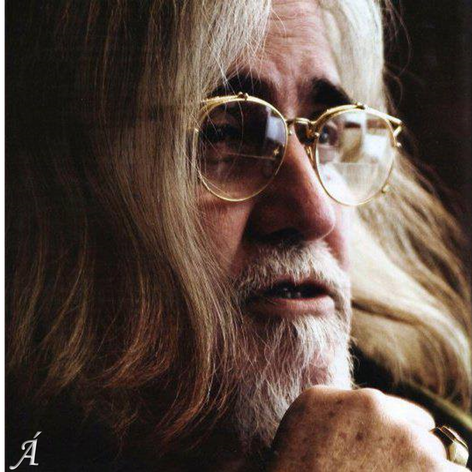
By Joel David
I will admit that I tried, for the longest time, to keep distance between myself and Peque Gallaga. During the publicity blitz for his first solo film, Oro, Plata, Mata (1982), I preferred to interview his wife, Madie, the film’s producer who also happened to be the daughter of my mother’s supervisor at what was then the government sugar institute. He had a reputation for being temperamental and I preferred to avoid celebrity types.
Since this was the “new cinema” moment when the film world lavished adulation on auteurs, and OPM was a star turn more for its director than for any of its actors, Peque became as much the star of one of the Experimental Cinema of the Philippines’ initial productions as Nora Aunor was (then-already) the star of the other, Ishmael Bernal’s Himala.
In fact I’d made his acquaintance earlier, when I had just joined a then-still-studious critics group that decided to invite the members of the newly formed production designers’ guild in order to get pointers on how to properly evaluate their category – for an annual awards system that I also soon repudiated. When the guild president kept insisting that PD practitioners insist on lavish adornments in order to shame producers who skimped on production budgets, Peque spoke out and said that the best kind of mise-en-scéne was one that did not draw attention to itself. In effect, he stated that PDs should learn to welcome the challenge of working within narrow budgets.
On another occasion, in one of those many self-congratulatory receptions the then-booming industry loved to sponsor, I had occasion to mention to him that I attended the rescreening of a film where he participated as actor. This was Mario O’Hara’s Tatlong Taóng Walang Diyos, which came out in 1976, the same year he won the critics’ prize for production design for Eddie Romero’s Ganito Kami Noon … Paano Kayo Ngayon? Over coffee after the screening, one of the founding members asked me if I’d seen it before (I had), and what impressed me about the present viewing. “Peque’s performance,” I said, and he agreed.
My workplace, the Manila Film Center, was abuzz over the premiere of Scorpio Nights, not because of the film but because of an event that occurred right before the pricey but expectedly jampacked screening. Those who’d attended said that when it was Peque’s turn to speak, he let go of a volley of curses, naming specific individuals who were officials in the ECP and/or colleagues of mine in the critics’ group. Despite the fact that I’d already forsworn participation in the group’s annual awards after extreme frustration with not just the individual choices but also the hypocrisy and cynicism behind the process, Peque’s outburst made me anxious. At that time, I guessed that it had to do with the backlash by left-leaning critics against OPM, to which our group had given its highest prizes; some of the OPM-bashers were former members, others were later invited to be part of the group.
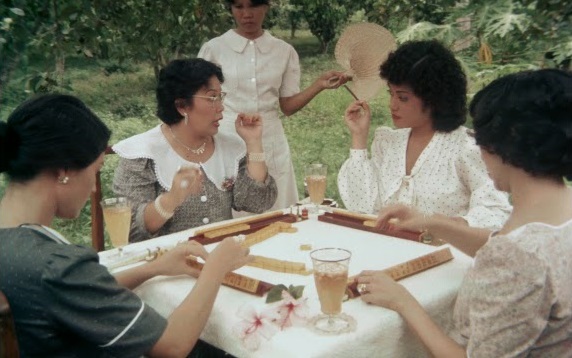
I got some measure of assurance later, after I completed the film program and worked up enough nerve to contact him to tell him how much I appreciated Scorpio Nights, how I disagreed with the critics locking it out of their major awards categories, and how relieved I was to drop out of the group so I could finally criticize them as an independent entity. He was effusive with praise for me, pointing out something that didn’t occur to me up to that point: “those people,” he said, “should have done what you did – study the field that they were dabbling in, so they’d know what they’re talking about and earn the right to call themselves qualified.”
After returning from graduate studies about a decade later in the early 2000s, my most intensive interactions with Peque consisted entirely of social-network exchanges. I knew I could get a great interview out of him, but in the meanwhile what I needed was some information for the book on Manila by Night (1980) that I was writing. I knew some of his stories as its production designer, and I was aware that he was referring to his work on it when he articulated his principles during the critics’ soirée with the PD guild several years earlier.
So one of my long-term to-do projects was an all-out Peque Gallaga interview, covering the full spectrum of his participation in film and film-related activities: as project conceptualizer, director (for film, TV, and theater), performer, visual and sound designer, theater-guild founder, professor, and whatever else he might remind me. I just needed to muster the guts to handle what I thought was his contempt for film critics, since he never failed to blast my older colleagues even after they handed him a well-deserved life achievement award about a decade ago. I also take every opportunity to point out their shortcomings, so at least we could have that useful convergence as starting point.
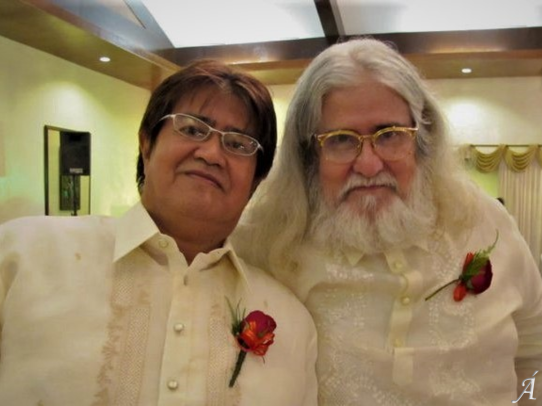
The final factor that eliminated all my misgiving regarding his belligerence occurred via a casual conversation I had late last year with his co-director, Lore Reyes. I mentioned in one of my recollections of the ECP screenings Peque’s flare-up during the Scorpio Nights premiere. Apparently, according to Lore, everyone else had forgotten about it – but of course I couldn’t, since I had to steel myself for a Peque interview that was never to be, as it turned out.
From our November 21, 2019, exchange: “Did you know? I caught Hammy [Agustin Sotto] cutting Scorpio Nights near dawn on the morning before its ECP premiere. I told Hammy I was going to fetch Peque, he said go ahead, fetch Peque. So I did. Peque punched him and kicked him in the head. It was a scene straight out of a cheap indie movie: a 5,000-foot reel unspooling all over Jess Navarro’s editing room in [the Regal office in] Valencia as Jess and I tried to stop Peque from beating up Hammy. Later that day, [unknown to Manila Film Center head] Johnny Litton and Hammy, Jess restored all the clips that Hammy had cut (we brought a Steenbeck to the ECP parking lot and bribed the ECP projectionist so we could borrow the premiere print). That was where Peque’s rage was coming from, when he cursed all those personalities who were right there in front of him on the first row. They tried to cut his film without his knowledge.”
Goodness, I realized, I had nothing to fear at all about the man. He would defy hell itself to fight for something he thought was right. About that interview…
Joel David is Professor for Cultural Studies at Inha University in Korea and was the recipient of the 2016 Gawad Lingap Sining (Art Nurturer Prize) of the Filipino Arts & Cinema International Festival in San Francisco, California. He holds a PhD in Cinema Studies at New York University and maintains an archival blog titled Ámauteurish! where this article was originally published.
© The FilAm 2020




